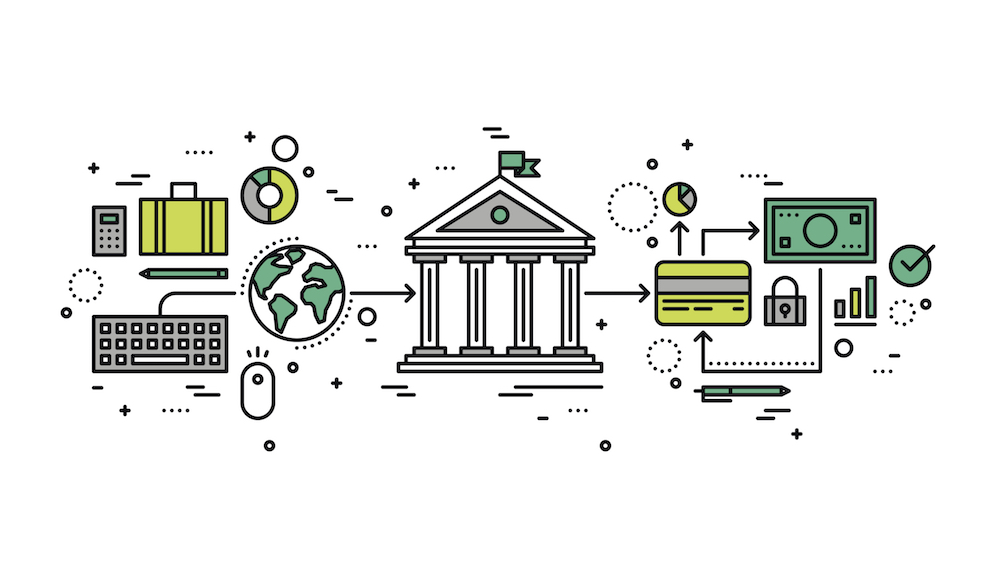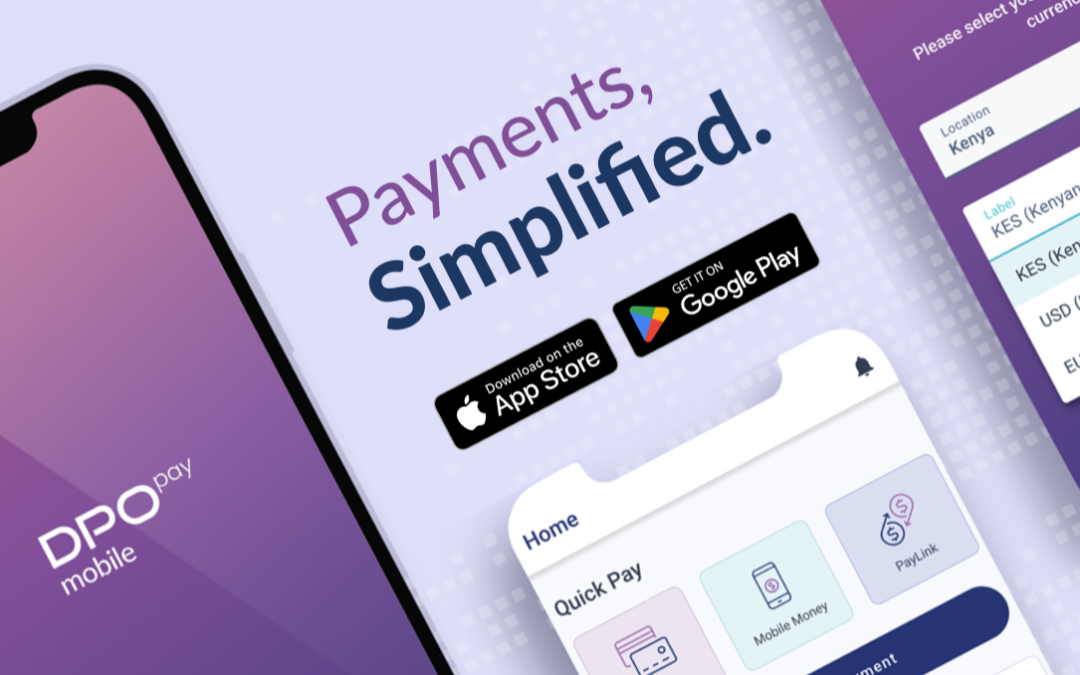The days of cash payments have all but faded into the distance, with cashless payment options being the go-to choice for shoppers across the globe. The use of cashless payments continues to grow, as more digital payment options come to market, such as Apple Pay, Google Pay, and other eWallets. Paying with cards or using mobile payments offers layers of security that put shoppers’ minds at ease, and enable them to shop in more places.
Couple this trend with the growing demand for online shopping, and you’ll see that there are many shifts happening as commerce moves toward eCommerce dominance. For merchants either establishing a new business, or expanding their existing one online, there are many terms that may show up that are a bit confusing.
In this article we’ll cover some common – and often misunderstood – terms in payment systems that will come up when you’re setting up your eCommerce site. We’ll help you understand what’s out there, what you need, and how to move forward in getting online and reaching new customers.
Payment Gateway
What is a payment gateway?
Think of a payment gateway as a messenger. The term payment gateway refers to a software that is used to transfer transaction data between the merchant and the acquiring bank (the bank who processes payments on the merchant’s behalf). This software also uses encryption technology to obscure the transaction information while it is being sent, to prevent the loss or theft of sensitive data.
When looking for the right payment gateway for your business needs, begin by ensuring the one you select is PCI DSS compliant. When it comes to digital payments, security is paramount for both merchant and customer alike. PCI DSS compliance sets a security standard, and is awarded only to those who meet security requirements in the capture and transmission of data.
Payment gateways typically offer fraud prevention, reconciliation, and reporting services to their merchants, making life a little bit easier when it comes to managing payments processed.
Most payment gateway solutions will offer essentials such as fraud prevention, reconciliation, and reporting services to merchants, which helps to make things a bit easier for those managing processed payments.
Payment Processor (PSP)
When setting up a business, you’ll often hear the term PSP. A PSP refers to a payment processor or payment service provider. The PSP is a service implemented by the merchant, which facilitates the processing of payments. In the world of eCommerce, this refers to payments made through a variety of payment methods – credit or debit cards, eWallets, etc – through their online store. By selecting a PSP that accepts a wide variety of payment methods, merchants allow customers to use the one that best suits them.
Every PSP has its own proprietary software that is used to store, analyze, and process transactions on behalf of the merchant. Many PSP’s offer only payment gateway services, while others have added features such as a breadth of security and reporting features, and online checkout interfaces. Ultimately, the right PSP will help you to simplify your business routines through a suite of support features.
The difference between a Payment Gateway and a PSP
While these terms are often mistakenly used interchangeably, there is a difference between a Payment Gateway and a PSP.
Think of a payment gateway as the equivalent of a POS (point of sale) – accepting cards from customers. The payment gateway is the messenger which receives the data from the customer’s card or eWallet, then transmits the transaction information for processing.
A PSP is a solution that sits between the online store and the merchant’s bank, facilitating the communication of the transaction between the two. The PSP handles payment processing as well as collecting money from the payer and processing the settlement of funds to the merchant. The PSP also handles all of the contracts with card issuers, making it easier to offer payments through a variety of methods and currencies.
Merchant Account
A merchant account is, effectively, an agreement between you (the merchant) and your acquiring bank. The merchant account entails the practical terms under which you receive payments from customers using debit or credit cards. In an increasingly cashless society, it is paramount to set up a merchant account when you begin to offer your goods and services to customers.
There are many merchant account options available, so how do you select the one that’s right for you? Start by considering your audience (customers), and their needs. What cards are popular amongst the customers you are aiming to reach? Will you accept cross-border payments, and foreign currencies?
Also take your payment model into consideration. Depending upon the nature of your business, you may need to solely accept one-time payments. If you have a need to set up recurring payments for products or services, this is also a factor to consider.
When setting up your eCommerce site, ensure it complies with Visa and MasterCard standards – merchant account providers will review to confirm before they sign a contract with you.
With an understanding of these components of eCommerce, merchants can feel confident in making good business decisions to take their products or services online, and reach a global audience. By using a professional PSP like DPO, you can be sure that as your business grows, your transaction and customer data will remain safe and secure, and you can continue to manage your business and finance operations with ease.





